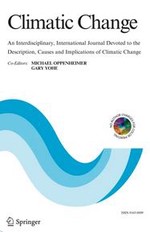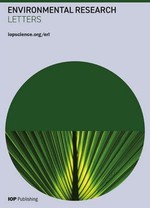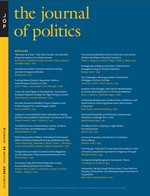Patrick Bayer
Professor of Political Economy
University of Glasgow
Welcome!
I am Professor of Political Economy and Lead of the “International Political Economy and Development” Subject Group in the School of Social and Political Sciences at the University of Glasgow. I am affiliated with the Global Sustainable Development theme at Glasgow's Advanced Research Centre (ARC) and the Climate Social Science Network (CSSN) at Brown University. I serve as a Steering Group Member of the Environmental Politics and Governance (EPG) network and was Conference Chair for EPG's 9th Annual Conference in Glasgow in 2023. I was recently appointed as Associate Deputy Editor for the journal Climatic Change.
My research focuses on international cooperation and the political economy of environmental regulation and energy policy. I am particularly interested in how the domestic and international political economy and political incentives shape governments’, firms’, and individuals’ responses to climate change and the global energy transformation.
Currently, I study the politics of carbon markets, firms’ commitments to corporate decarbonisation, and the distributional effects of climate policy. I also lead an ESRC-funded project on the role of science in international climate cooperation. I received the Emerging Young Scholar Award of APSA's Science, Technology and Environmental Policy (STEP) section in 2021 and successfully obtained funding from the British Academy, the Carnegie Trust, and the Economic and Social Research Council (ESRC). Among other outlets, my work was published in the Journal of Politics, Journal of Conflict Resolution, Energy Economics, PNAS, Science Advances and with MIT Press. My teaching regularly involves classes on international organizations and global energy/climate policy and politics.
My contact details can be found in my CV here.





